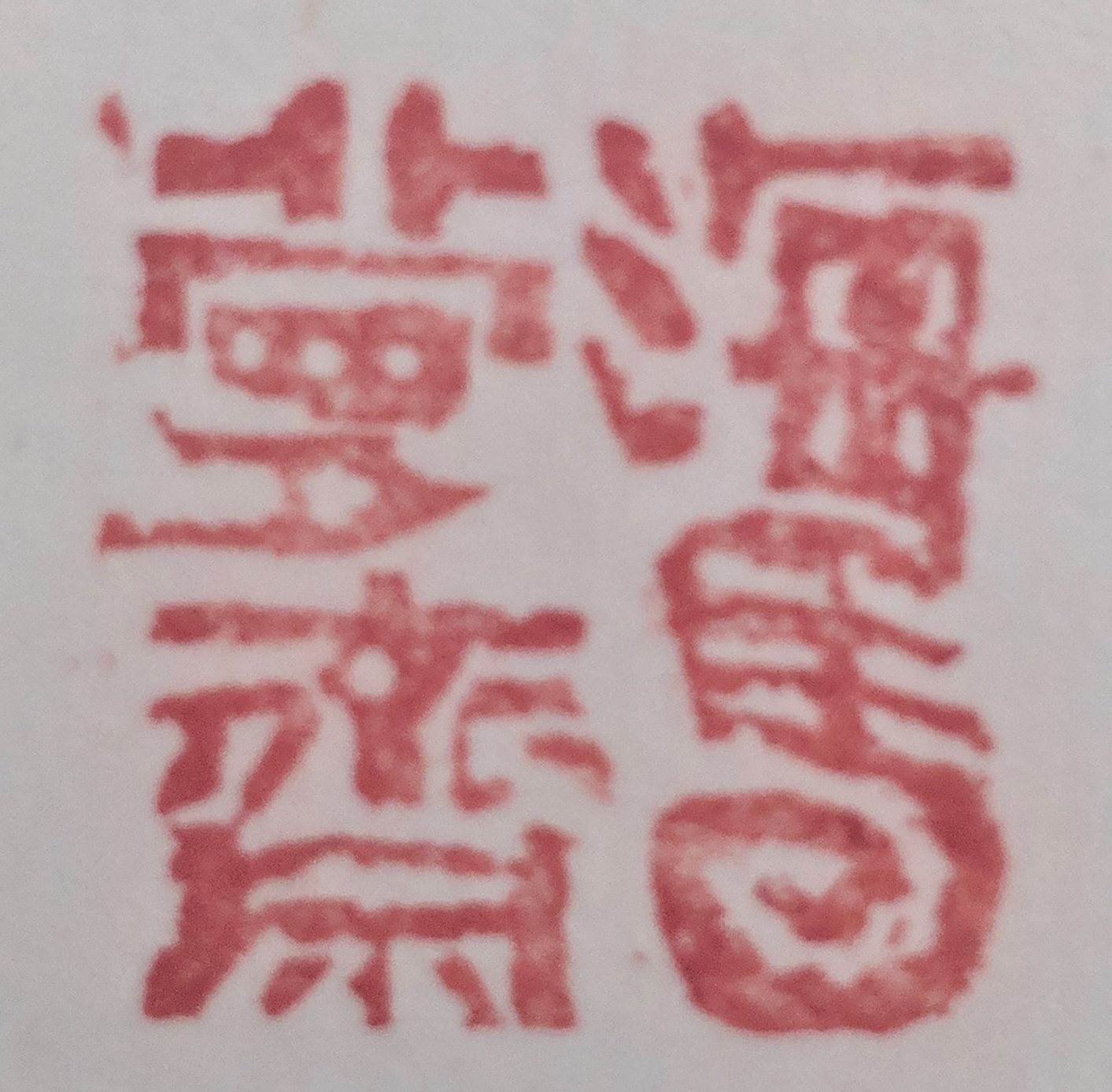When I was finishing my dissertation, I did a very silly thing: I signed up for an intensive workshop the very week that my final dissertation draft was due. Those who know me will be not at all surprised by this ill-advised move. I could never turn down an opportunity for a new and interesting challenge, and this opportunity was remarkable: half a dozen scholars from Shanghai Communications University were traveling to UCLA under the guidance of Professor Cao Shuji to share a trove of newly-digitized archival sources from the 1950s, and my advisor was co-hosting a workshop to explore those sources and discuss their use. A Qing historian whose dissertation had been based on county-level sources, I was intrigued by the possibility of poring over a set of analogous materials from the early PRC period with a group of dedicated scholars.
I was blown away by the experience. It was incredibly difficult. Not only because it was my first exposure to materials from the 1950s. Not only because it meant 8-hour days of academic discussion in Chinese. Not only because we were asked to read aloud and comment on fuzzy images of materials in sloppy script that’d just been placed on the screen. Primarily because this group of scholars had been working together in this fashion for years. Their system was remarkable. Someone would ask a question, and the graduate student working on the group laptop would find some related material. The material would go up on the screen, and someone would be called upon to read it and comment. Immediately following this prefatory cold read, the participants would start discussing the connections of the individual case before the group with other scholarship and with other cases they had read. After ten or twenty minutes of this treatment, a wrap-up discussion would ensue: if one were to design a research project based on this exploration, how would it work? What might its argument be? Then the next question would pop up, and the group would begin the cycle again.
It was thrilling and exhausting. I can’t even count the number of times that my entire historiographical perspective was flipped on its head. Finally, at the end of the workshop, the group had a post-mortem discussion. The hosting professors asked us how we felt about the experience. My exhausted brain fumbled to express something about what had happened over the last week. I talked about my struggle with the scale and speed of the experience, and about how impressed I had been at the group’s ability to make connections and build on one another’s work. I said something about how foolish I felt, finishing up a dissertation based on years of solitary archival work. Then Professor Cao laughed, and said something I’ll never forget:
“对的。你搞的是手工历史。我们这一队已经把它工业化了。”
Roughly put:
“Oh, sure. You’re still practicing ‘artisanal history.’ We’ve ‘industrialized’ it.”
I was stunned. In one cleverly-phrased retort, Professor Cao triggered a reexamination of everything that I understood about how I worked as a historian, and why.
Was my choice to work alone a product of meaningful decisions about my process?
Was my choice to work alone a product of a sort of artist’s conceit, poorly mimicked?
Was my choice to work alone a product of circumstance, and therefore something that might be supplemented by thinking at different scales?
And, most important of all: was it possible that my work could be better and more meaningful if it was done with others?


